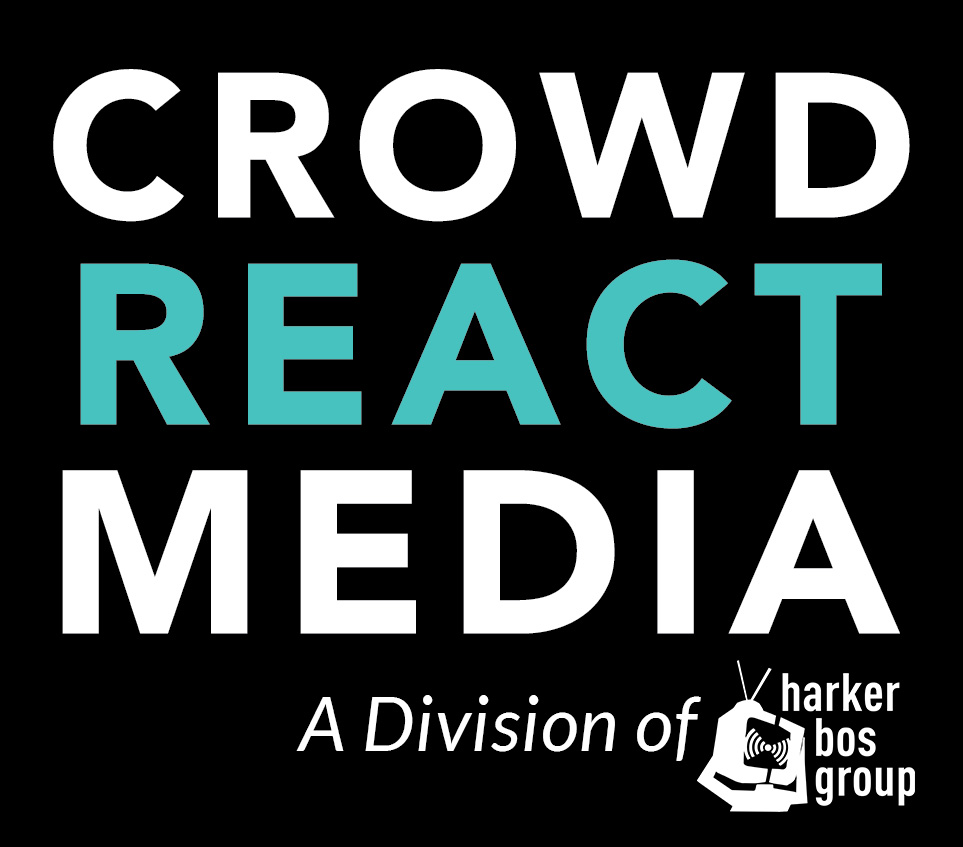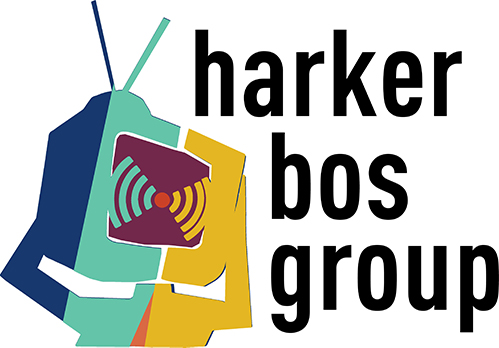Be A Coach Not a Critic
This is a continuation of a two-part blog series. Read Part 1, Lessons from a Career Behind the Mic, here.
Successfully hosting a popular program is one of the most challenging yet rewarding experiences on-air talent can have. Every person who steps into a studio does so dreaming of success and popularity, yet fearing failure.
The best talent thirsts for feedback on how to improve which is why one critically important job of a programmer or content creator is to help air-talent grow and improve their shows. The best way to do that is to listen to the talent, share your thoughts, and offer suggestions.
That much is obvious and most program directors try. The problem is that too often the feedback is critical and negative. Rather than encourage and motivate the feedback ends up discouraging and demotivating the talent.
Rick Scott, a brilliant sports consultant, taught me many things during our time together and one of the most important things he showed me was how to deliver feedback. I learned there are many ways to help the on-air talent improve their presentation. There is no one specific way to give feedback to a talent. Each host is unique in terms of how to make a positive impact.
During my time at ESPN I coached many highly talented people with a wide range of backgrounds. Some had experience as a sports player or coach. Others had a more traditional media background, having worked in radio and television. I learned that every person was different, and there was no cookie-cutter way to communicate with on-air talent.
You need to get to know your talent and how best to communicate with them. Some hosts want the one-on-one session in an office with the door closed. Others like a session away from the office where they can be more comfortable.
Positive reinforcement is critically important. Positive feedback should predominate. Talent learn much faster when you tell them what they did right rather than what they did wrong.
Never pass on the opportunity to stick your head in the door or pull a person aside and let them know you really liked what they just did.
The most difficult conversation you will have with talent is regarding problems. How you deliver a negative or critical message is critically important. The way you deliver the message may help a talent grow, but delivered the wrong way could create uncertainty and doubt. Be frank. Talent often knows more about negative news than you think. If the talent needs to make significant changes to the show emphasize the opportunities and possibilities rather than dwell on the negative.
The bottom line is that teaching, coaching, and giving feedback are critically important for the success of the product. Skillful teaching, coaching, and feedback separates great leaders from others, and it is the key for turning good hosts into great hosts.
Research is an important part of this process. Understanding the needs and wants of your audience and sharing that information with your talent is the first step in teaching them how to improve their show. Research can also be used to explain why some show elements work better than others. It softens the blow if you feel something a talent does doesn’t really work.
The skill and talent of your on-air staff is a key resource to build audience loyalty. The development and growth of your talent improves ratings and that in turn grows revenue. It’s a resource that needs careful nurturing, but one that can pay dividends properly done.
Key Points
- Feedback is essential in the development of on-air talent.
- Listening and watching is a critical responsibility for programmers.
- Always be honest with the talent if you were unable to hear/watch. Offer to review the content and then offer feedback.
- The feedback process should be tailored to the individual host you are working with. There is no cookie-cutter approach that works for everyone.
- Knowing when and how to deliver tough messages can be a major difference maker.
- Research is a valuable tool in helping programmers develop coaching strategies as the information gathered will help the talent achieve success.


